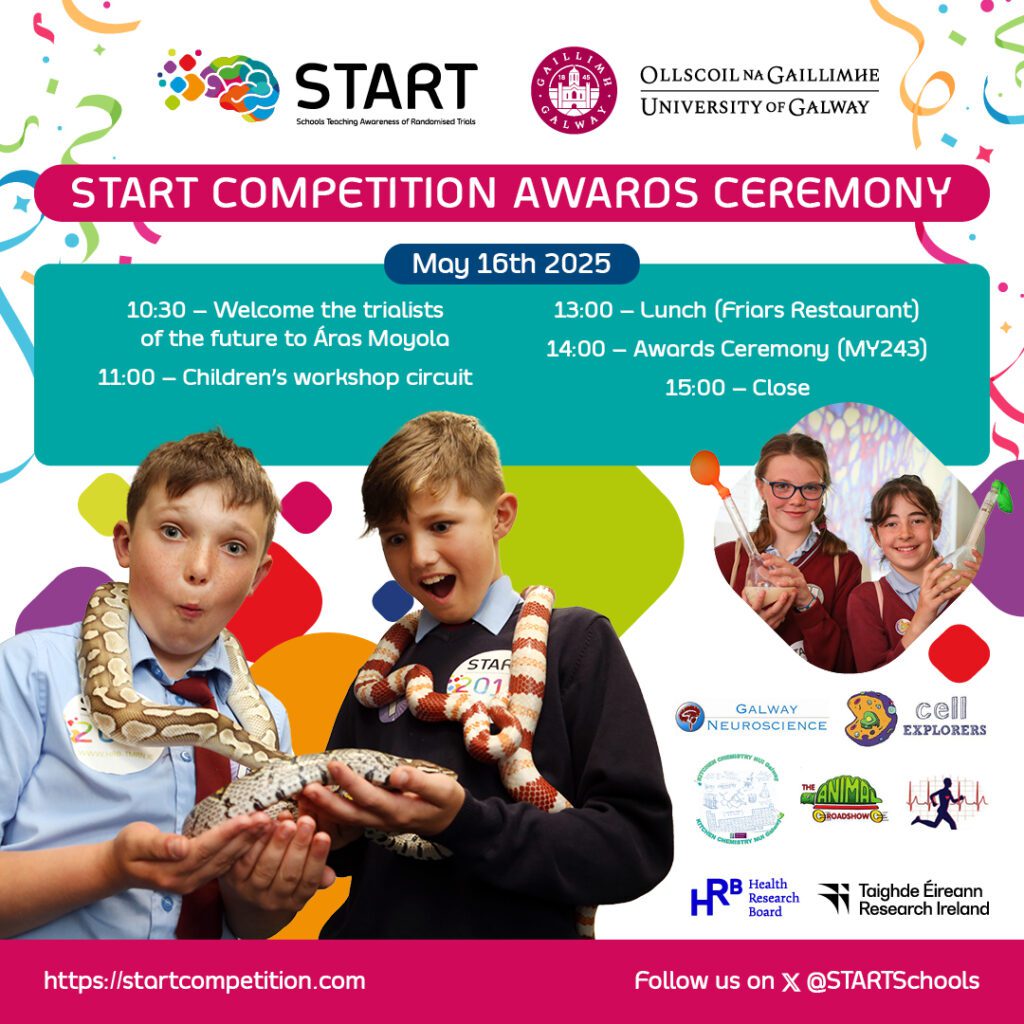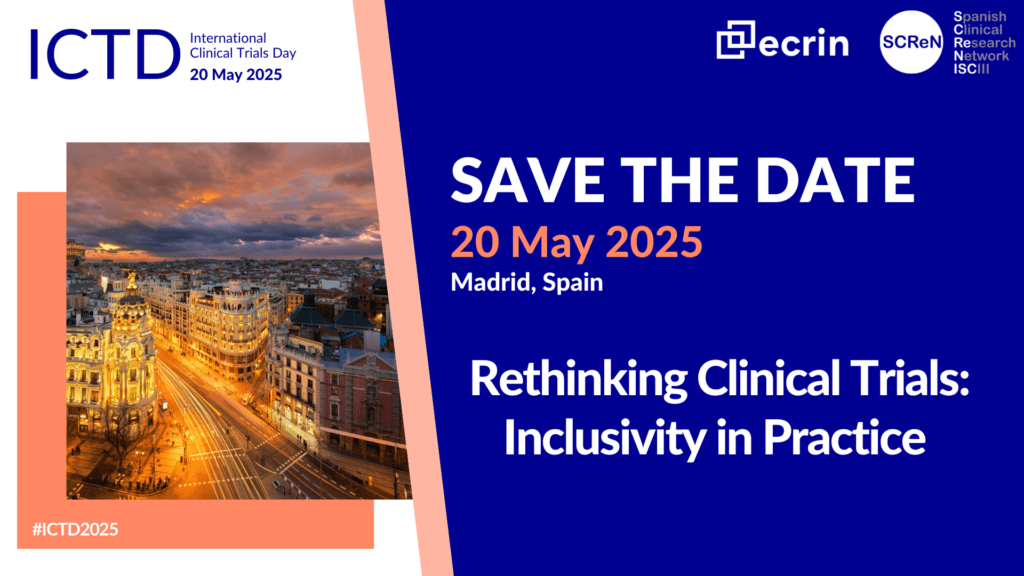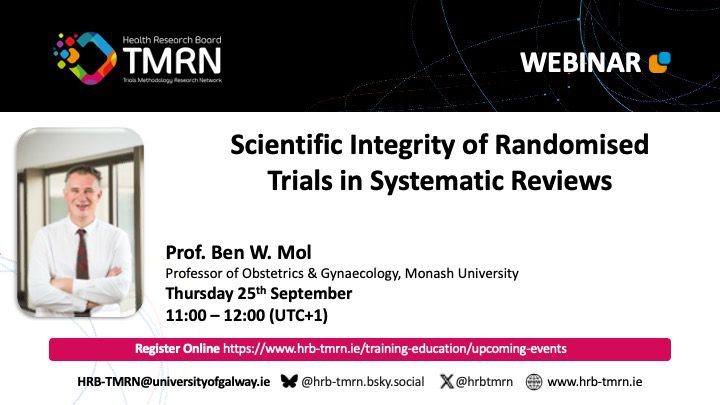Rethinking Clinical Trials: Inclusivity in Practice

ECRIN are delighted to announce International Clinical Trials Day (ICTD) 2025 | Rethinking Clinical Trials: Inclusivity in Practice, co-hosted by ECRIN and SCReN in Madrid. It will take place on Tuesday, May 20, 2025.
Launched in 2005 by ECRIN, in line with its mission to support multinational clinical research in Europe, ICTD brings together patients, health policy actors, health authorities, clinical researchers, health professionals and citizens from Europe, and beyond to discuss issues related to multinational clinical studies. ICTD commemorates the start of the landmark clinical trial, led by James Lind on sailors with scurvy, 20 May 1747. Having laid the foundation for modern clinical research, ECRIN salutes this initiative by addressing a new topic in clinical research every year on or around this date.
The need for greater inclusivity in clinical trials is clear in Europe and there is an increasing obligation to progress from discussion to concrete implementation. By uniting different stakeholders from the community, ICTD will shed light not only on why diversity, equity and inclusion should be embraced in clinical research but will give concrete examples of what has been done so far and where there are still hurdles to overcome.

















